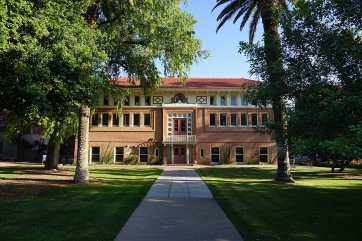A class of drugs developed to treat immune-related conditions and cancer may block brain inflammation associated with dementia-linked diseases and brain injuries, according to a recent study.
Researchers from the University of California, Irvine found that cancer drugs, which can be delivered orally, eradicated microglia, the primary immune cells of the brain. These cells exacerbate many neural diseases, including Alzheimer's and Parkinson's, as well as brain injury, according to a press release.
"Because microglia are implicated in most brain disorders, we feel we've found a novel and broadly applicable therapeutic approach," researcher Kim Green said in a statement. "This study presents a new way to not just modulate inflammation in the brain but eliminate it completely, making this a breakthrough option for a range of neuroinflammatory diseases."
For the study, researchers focused on the impact of a class of drugs called CSF1R inhibitors that are under investigation as cancer treatments and immune system modulators. Using mouse models, they learned that inhibition led to the removal of virtually all microglia from the adult central nervous system with no ill effects or deficits in behavior or cognition.
However, the microglial elimination lasted only as long as treatment continued. Withdrawal of in
Researchers said that because the cells contribute to most brain diseases, the ability to eliminate them is a powerful advance in the treatment of neuroinflammation-linked disorder.
In the study, it is noted that the microglial elimination lasted only as long as treatment continued. Withdrawal of inhibitors produced a rapid repopulation of cells that then grew into new microglia, Green, a member of University of California, Irvine's Institute for Memory Impairments and Neurological Disorders, said.
Green said that the research is the first to describe a new progenitor/potential stem cell in the central nervous system outside of neurogenesis, a discovery that points to novel opportunities for manipulating microglial populations during disease.
The findings were recently published in the journal Neuron.








